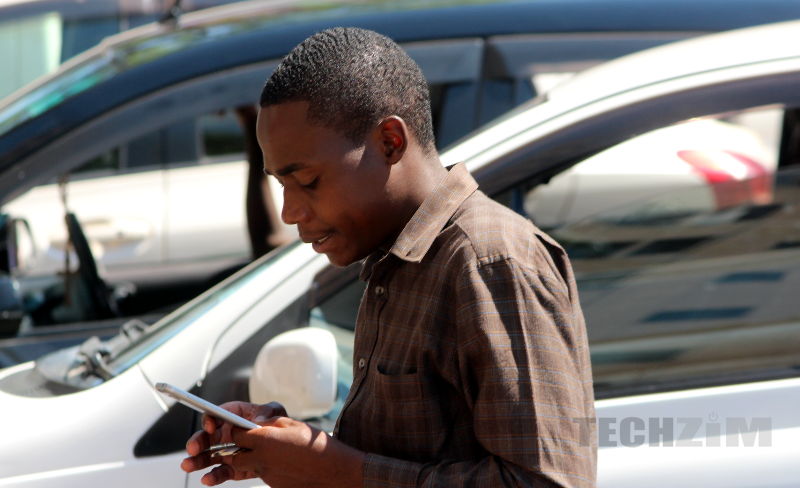I would not be totally surprised if you have never heard of the Mission Billion Challenge. I myself had not heard of it until yesterday, when Victor Mapunga reached out to me, explaining that the company he co-founded and is currently CEO of was one of the finalists of this competition.
After exchanging a couple of texts, I quickly learnt that the Mission Billion Challenge seeks to solve issues related to identity.
The COVID-19 pandemic highlights how countries with platforms (such as digital ID systems, digital payment systems, and integrated social protection information ecosystems) are able to quickly scale up existing or introduce new social protection programs. In particular, countries with such assets have been able to efficiently make emergency cash transfers to vulnerable groups—such as women and girls, the poor, informal workers, migrant workers, people living in remote areas, and refugees.
World Bank
The Mission Billion Challenge is seeking solutions to ensure inclusivity of ID systems for vulnerable groups while taking into account the social distancing measures in response to the COVID-19 pandemic to address these specific needs. Some of the key questions highlighted include;
- how countries can ensure that everyone is able to apply/register for an ID in a way that protects people’s health and the integrity of the ID system?
- how can countries ensure that digital authentication mechanisms in low connectivity environments are accessible and user-friendly for vulnerable populations to facilitate remote access to services and benefits?
FlexFinTx the company Victor Mapunga co-founded with Haardik Haardik is trying to solve the identity problem in Africa. They are building self-sovereign digital identities accessible to people even without internet. You can watch Victor’s Pitch here.
Flex ID their flagship product aims to facilitate the recording of over 400 million digital identities across Africa, using nothing but a mobile phone. Users simply register using a USSD code or WhatsApp for free. FlexID is built on the Algorand blockchain and FlexFin suggests this makes their IDs tamper-proof and self-sovereign i.e no organisations can access a user’s information without gaining permission from the individual.
If FlexFinTX win the World Bank’s challenge, which ends on the 21st of October they’ll be among a pool of solutions drawing from a cash prize pool of US$150 000.

4 comments
Zimbabwean “startups” seem to appear for challenges/pitches then disappear, as quickly as they appeared, soon after the challenge is over.
The support, funding forlocalstartups in our envrionment is very challenging hence most startups don’t survive, inga this is nothing new!
How did it go with this startup?
Not because of funding shortages. But most people are lazy until they are over 20 and turn greedy. So usually the cash gets taken by an uneducated someone. There are too little educated people, and almost impossible to weed out the bad guys (think randomly picking from a box of startups with 1 to 1000 ratio of heroes/villains). Just human nature.